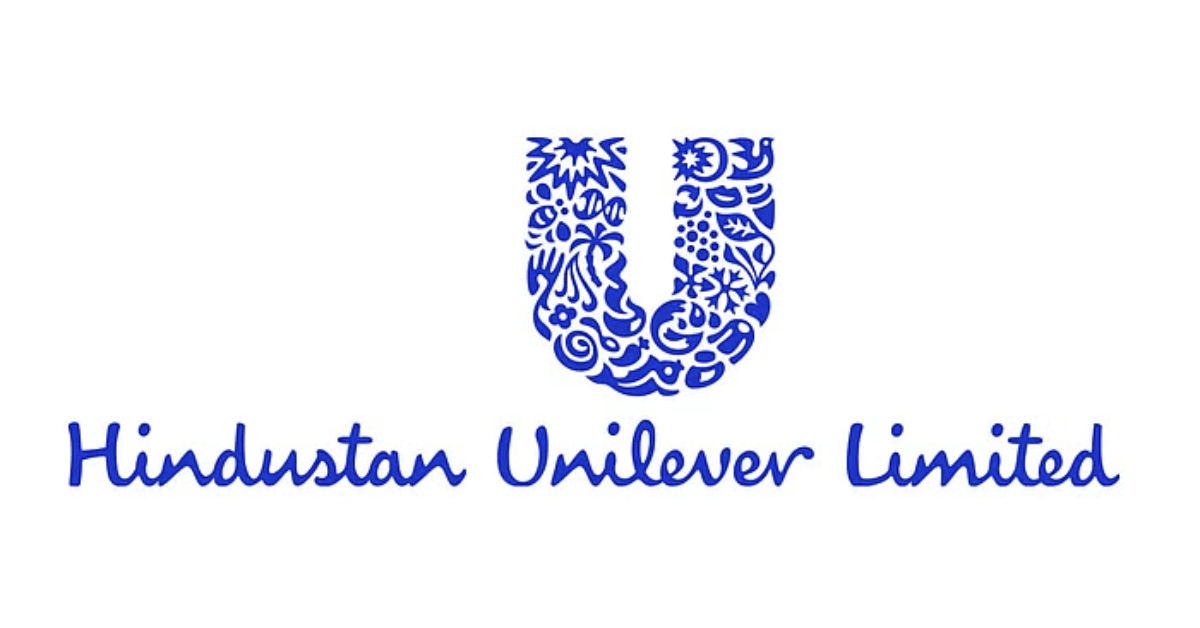Hindustan Unilever Ltd. (HUL), India’s leading consumer goods manufacturer, finds itself at a crossroads as it evaluates the fate of its ice cream division amidst its parent company’s restructuring endeavors. Analysts weigh in on the potential implications of retaining or divesting the business, offering insights into the company’s strategic considerations and market dynamics.
The ice cream market, which includes well-known brands such as Magnum, Cornetto, and Kwality Walls, makes up a small portion of HUL’s large consumer goods portfolio. Even while the business only made up 3% of HUL’s FY23 sales of Rs 58,154 crore, its profitability is still quite low, accounting for only 2% of the company’s total earnings. Analysts so wonder if it would be feasible to continue the company given its meager financial importance.
The difficulties in selling the ice cream business are highlighted by Anand Rathi Institutional Equities research analyst Ajay Thakur. Considering historical benchmarks and comparative valuation criteria, he suggests that a possible demerger or sale may not produce significant value addition for HUL. The ice cream division may be discounted in any future split, according to Thakur, and might be valued at a significantly lower amount than HUL’s current market capitalization.
Analysts point out the unfulfilled growth opportunity in India’s emerging ice cream market, nevertheless, as discussions over selling continue. 400 milliliters is a startlingly low amount per person when compared to other countries like the United States (22 liters) and China (3 liters). According to analysts, HUL has the potential to strengthen its market position by initiating the growth of the underserved segment with its strong distribution network and customer reach.
The COVID-19 pandemic has caused a change in consumer behavior, leading to an increase in ice cream sales made at home. HUL recognizes that the market is changing and highlights the introduction of new fast-moving channels to meet customer demand. Although the ice cream division had challenges in 2024, which resulted in a reduced volume growth, it proved strong in fiscal 2023, with an impressive 37% year-over-year gain. HUL credits its strategic activities to expanding sales channels and “de-seasonalizing” ice cream consumption for its success.
The ice cream industry is still facing difficulties, meanwhile, as it faces wider economic challenges and obstacles related to volume growth. Ice cream sales generated 25.5% of total revenue in FY23, which is a sizeable share for HUL’s food and refreshment business. An increase in food prices puts additional strain on operations, highlighting the necessity of careful management techniques.
HUL states its dedication to cost-effectiveness and operational excellence regardless of the uncertainty surrounding the future of the ice cream segment. An annual gross savings of 6% of sales is produced by the company’s cost-cutting initiative, Symphony, which keeps delivering observable benefits. In an effort to improve operational effectiveness, HUL incorporates best practices and keeps a close eye on global projects that its parent company, Unilever, is pursuing.
Analysts believe that major changes are likely in the near future, despite the many rumors regarding what will happen to HUL’s ice cream business in the middle of Unilever’s restructuring efforts. Given its strategic agreement with local market dynamics and consumer preferences, HUL may adopt a similar approach in other areas to maintain its tea business despite divesting. Despite the shifting consumer goods landscape, stakeholders are eager for additional clarity on HUL’s strategic plan as the company sails through the details of restructuring and market dynamics.
Also Read: Executive vice chair D.R. Horton sells $3.9M worth of company stock





